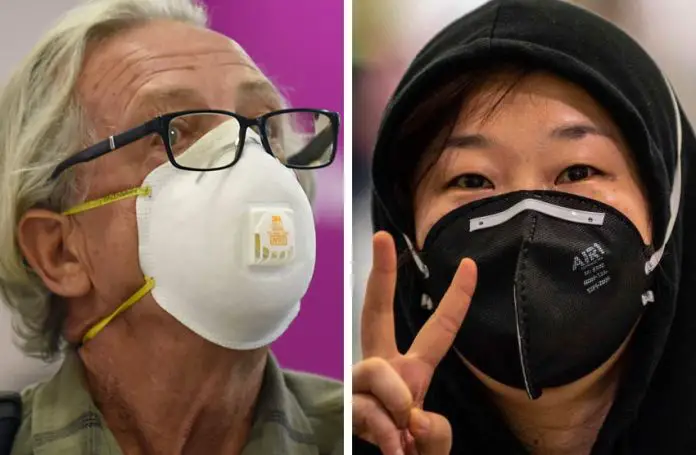A controversial guide on how to prioritize coronavirus cases under extreme circumstances is drawing fire from experts and academics across Mexico.
Among the opponents is the National Autonomous University (UNAM), which announced it will not be abiding by the terms outlined in the Mexican General Health Council’s Bioethical Guide to Allocation of Critical Medicine Resources, published last weekend, which argues that the lives of younger people should be prioritized over those of older people should the medical system become overwhelmed.
The 13-page document was signed onto by 13 academics and physicians, including several UNAM staff members, but UNAM leadership was not consulted. “Neither UNAM nor its rector, Dr. Enrique Graue Wiechers, were summoned to any plenary session for the analysis, discussion and eventual approval of the guide,” UNAM said in a statement denouncing the report’s findings.
But it’s not just how the report was created that is drawing criticism, it’s also the conclusions it draws on as to who should live or die.
“This document is intended to be a bioethical guide to triage decision-making when a public health emergency creates a demand for critical medicine resources that cannot be satisfied,” the introduction reads. “This guide should only come into operation if existing critical care capacity is overwhelmed, or close to being exceeded, and it is not possible to refer patients who need care to other facilities.”
During normal times, all lives matter equally, the guide states, quoting English philosopher Jeremy Bentham’s ethical theory on equality, that “each person is to count for one, no one for more than one.”
However, with coronavirus, which the report says can present serious complications in about 5% of patients, there are different considerations that must come into play when making life and death decisions.
“Patient A, 80 years old, needs a ventilator. Patient B, 20 years old, needs a ventilator. If patient A receives the ventilator she will live seven more years, if patient B receives a ventilator she will live 65 more years,” the guide posits. “Faced with this problem, an additional principle must be introduced: save the greatest number of lives to be completed.”
The university is not alone in its criticism of the guide. Gabriel García Colorado, president of Mexico’s Association of Bioethics and Human Rights, has been public with his disdain for the government’s report.
“They could call it a guide for optimizing financial resources, medical equipment or human resources, but it is not a bioethics guide, because then the state would try to have resources available to all patients, where preference should never be given,” García said.
While other countries such as Italy and Spain have adopted similar protocols to those outlined in the guide, what works for those countries is not appropriate in Mexico, he argues, comparing the recommendations to those used by doctors in Nazi Germany who discarded the old, sick and disabled as unworthy of life.
Rodrigo Guerra López, member of Mexico’s Advanced Social Research Center, concurs. “The human rights of all people must be recognized and respected,” he said. “It is not ethically justifiable to discard a patient because he or she has lived longer or has some pathology, and doing so incurs discrimination, abandonment and violence against the most vulnerable.”
Source: El Universal (sp)
